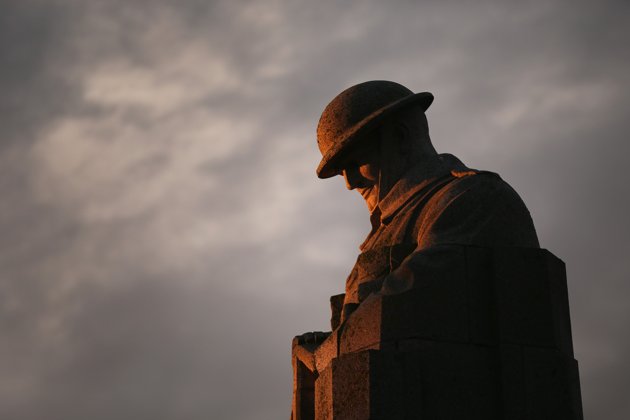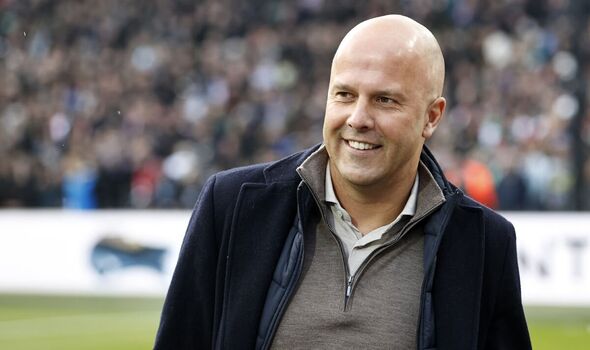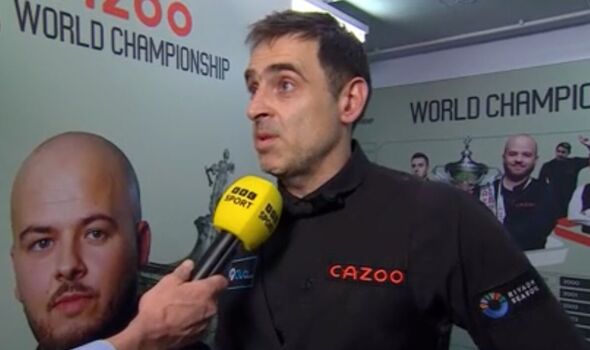
WWI: An important event in the establishment of Canada and the history of Europe
August 17, 2014
Scientists revolt against one of Europe’s most ambitious research projects
August 18, 2014My wife has had some fabulous seats in the temples of sport around our city — midfield at Foxboro, behind home plate at Fenway, a cushy box at the Garden. She works as a banker and attending the games is part of the job. Schmooze with clients, take in a ballgame; talk a little shop, watch some hockey players duke it out on the ice.
She’s also a Spaniard, which means that learning the rules of our American games has been almost as critical as remembering a client’s name. And for a sports-mad city like Boston, there’s little margin for error. Clients might wear suits and ties by day but in the luxury box, out come the well-worn ball caps.
Continue reading below
Since it’s part of the job, the lexicon of our sports rivalries have to be studied and learned. Before heading off to a Yankees-Red Sox game a few years back, we read together the Wikipedia entry on baseball, which I found wildly complicated to explain to someone weaned on soccer.
Then just prior to heading out the door, she asked a disarmingly simple question: Why is it important to hate the Yankees?
Good question. When you mix business and spectatorship, you’d better know the score — or at least who that Jeter guy is.
And yet understanding American ties to sports has more value than good networking.
In his fascinating new book, “The Vanishing Neighbor: the Transformation of the American Community,” Brown University researcher Marc Dunkelman chronicles the toll that the information age has taken on America’s social architecture, and particularly our relationships with our neighbors. We’ve become less civicly engaged, despite our many devices, and it’s isolating. “A whole series of changes in our everyday patterns has begun to eat away at the mooring that has long grounded American society,” Dunkelman writes.
Continue reading below
How disconnected have we become from our fellow countrymen: The Pew Research Center notes fewer than half of American adults know most or all of their neighbors by name.
While not a substitute for a civic organizations, sports — played or watched — stands as one of our strongest remaining pillars of community life. To cheer is universal and for every loutish fan on the sidelines, there are two dozen others who applaud a great play, regardless of the team.
And that may be another culture hurdle for my European wife. Soccer teams from Barcelona and Madrid are so storied in their contests that each of their meetings are christened — or rather, marketed — as “El Clasico.” It’s a rivalry that’s also loaded with baggage. Real Madrid steeped with conservative Spanish nationalism, versus Barca’s left-leaning Catalan regionalism. Under Franco, fandom was political and jeering el Caudillo’s team was an act of defiance and protest.
I lived for a while in Manchester, England, which has an equally fierce crosstown rivalry, with the townies backing Manchester City and the posh Londoners for Manchester United. The stands thick with hooligans, cheering for the wrong side there was physically dangerous in a way that even the most belligerent Yanks fan in the bleachers at Fenway can’t fathom.
I offer those two examples of foreign rivalries to show that politics and class are the source of some of the great sports rivalries, but the New York-Boston tension is harder to distill. See, there was this guy Harry Frazee who once sold another guy called Babe. . .
Pedro Martinez might have tossed old Don Zimmer to the turf, but in the stands, Boston’s rivalries these days lack a certain darkness that’s bound up with the fanatical fandom in Europe.
After all, it’s important to hate the Yankees, but not hate them. At least you can love the game. Or not: I was surprised when my wife returned early from her foray to Fenway. She and another foreign co-worker quietly slipped out of the company box in the ninth inning. With the score tied. “After three hours of sitting through baseball, we were bored.”



